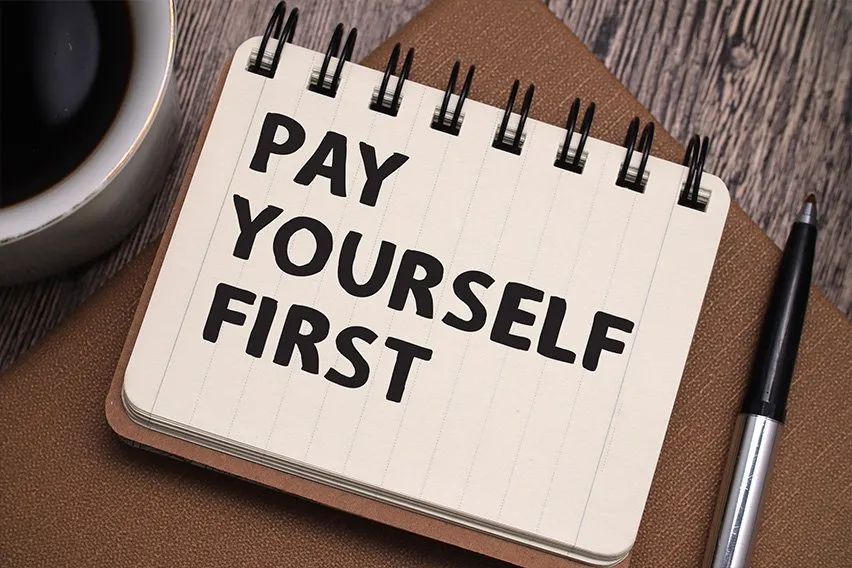How To Pay Yourself From Your Business

Navigating the financial intricacies of running a business often leaves entrepreneurs with a critical question: How do I pay myself? The answer, however, isn't a simple one-size-fits-all solution.
Understanding the appropriate method hinges on your business structure, financial situation, and long-term goals. This article breaks down the common approaches to paying yourself, offering guidance for business owners to ensure compliance and financial well-being.
Understanding Your Business Structure
The method for paying yourself is inextricably linked to your business structure. Whether you operate as a sole proprietorship, partnership, Limited Liability Company (LLC), or S-Corporation dictates the available options and tax implications.
Sole Proprietorships and Partnerships: Owner's Draw
For sole proprietorships and partnerships, the most common method is the owner's draw. This involves taking money directly from the business's profits for personal use.
The IRS considers this money as income, and it's subject to self-employment taxes (Social Security and Medicare) as well as income tax. Remember to set aside a portion of your earnings for estimated taxes to avoid penalties.
Limited Liability Companies (LLCs)
LLCs offer flexibility in how owners (members) can be paid. The specific method depends on how the LLC is taxed.
If taxed as a sole proprietorship (single-member LLC) or partnership (multi-member LLC), the owner's draw method applies, with the same tax implications. Alternatively, LLCs can elect to be taxed as an S-Corporation or C-Corporation.
S-Corporations: Salary and Distributions
S-Corporations require a two-pronged approach. Owners who are also employees (and typically officers) must receive a reasonable salary for the services they provide to the business.
This salary is subject to payroll taxes (income tax, Social Security, and Medicare), similar to any employee's paycheck. Additionally, owners can receive distributions of profit, which are generally subject only to income tax, avoiding the self-employment tax.
The IRS scrutinizes S-Corporations to ensure that salaries are "reasonable." A salary significantly lower than what a similar employee would be paid can trigger an audit and penalties.
According to the Small Business Administration (SBA), understanding reasonable compensation is crucial for S-Corp owners. Consult with a tax professional to determine an appropriate salary based on industry standards, experience, and responsibilities.
C-Corporations: Salary and Dividends
C-Corporations also pay owners who are employees a salary, subject to payroll taxes. However, instead of distributions, profits are typically distributed as dividends to shareholders.
Dividends are taxed at the individual level, and the corporation itself is also subject to corporate income tax, leading to what's sometimes referred to as "double taxation."
Key Considerations for All Business Structures
Beyond the specific methods, several factors are essential for all business owners when paying themselves. Maintaining meticulous records is crucial for accurately tracking income, expenses, and tax obligations.
Establish a budget for both your business and personal finances. This will help you determine how much you can reasonably take out of the business without jeopardizing its financial stability.
Regularly review your financial statements and adjust your compensation strategy as needed. The business landscape is dynamic, and your payment strategy should adapt accordingly.
Seeking Professional Guidance
Navigating the complexities of business finances and owner compensation can be daunting. Consulting with a qualified accountant or financial advisor is highly recommended.
"A professional can provide personalized advice tailored to your specific business structure, financial situation, and long-term goals," says Sarah Miller, a Certified Public Accountant specializing in small business taxation.
They can help you determine the most tax-efficient method for paying yourself and ensure you comply with all applicable regulations. Neglecting professional guidance can lead to costly errors and penalties.
Conclusion
Paying yourself from your business is a multifaceted process that demands careful consideration. By understanding your business structure, tax implications, and financial situation, you can establish a sustainable and compliant compensation strategy. Remember that seeking professional advice is a valuable investment in your business's long-term success and your own financial well-being.


















